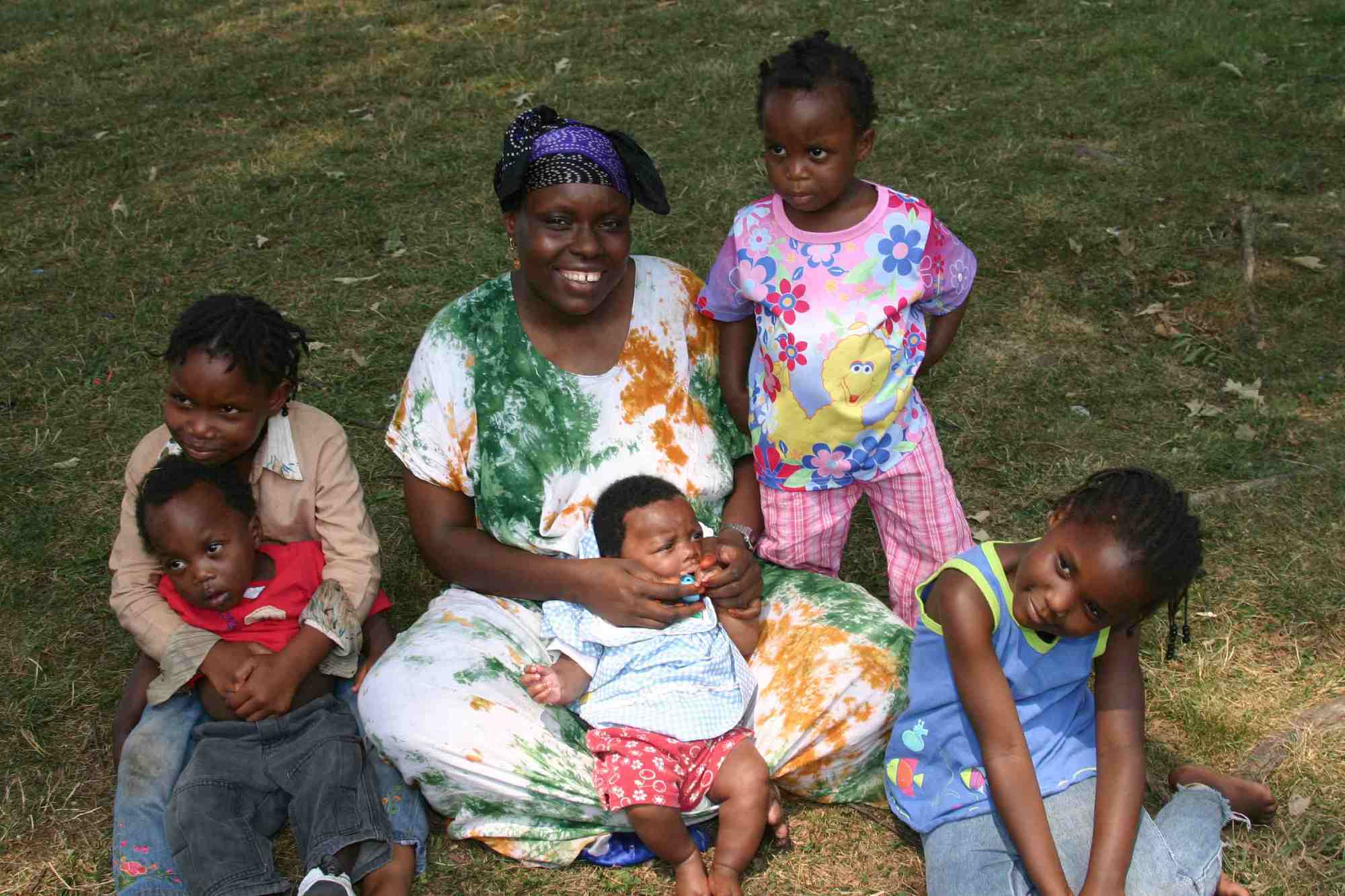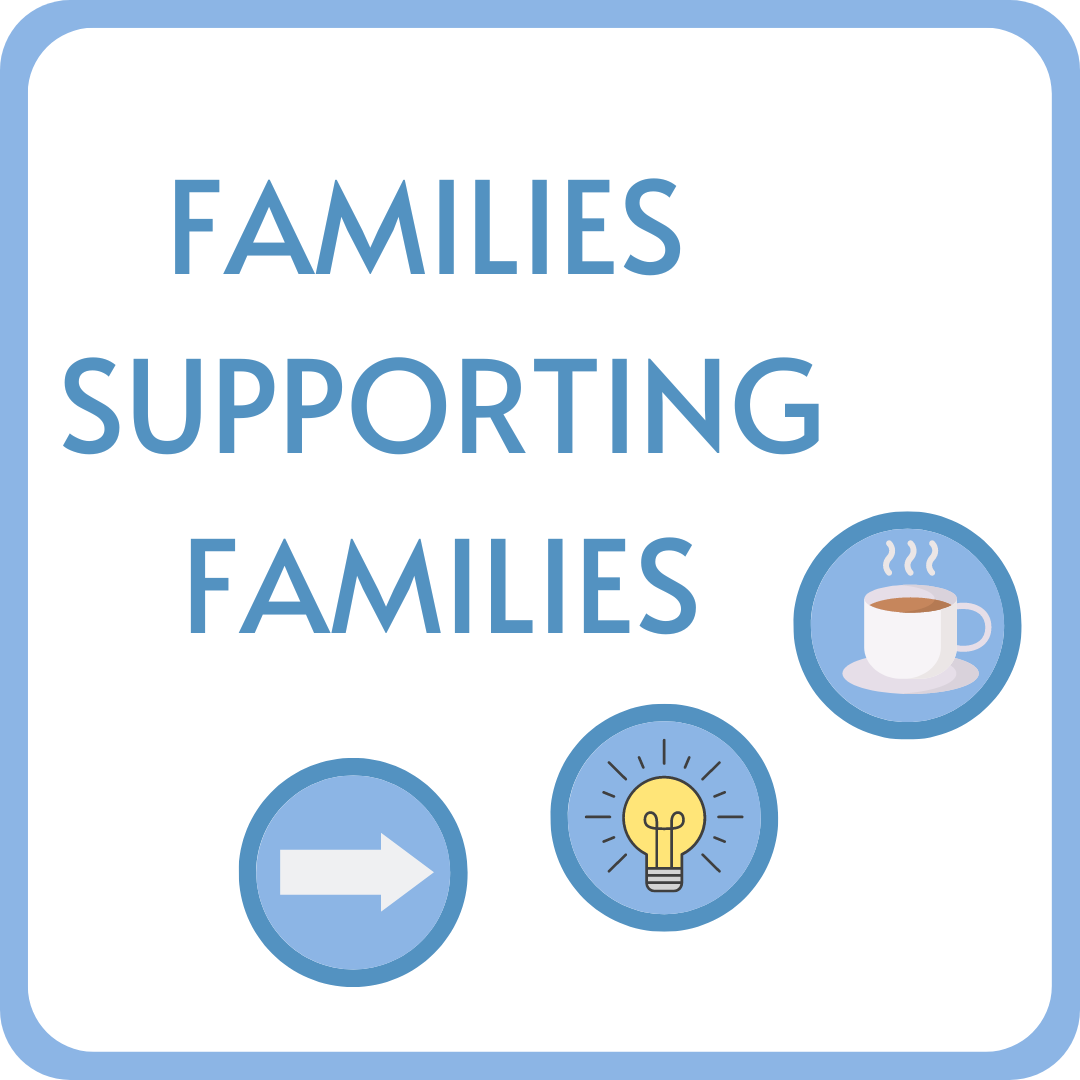Families supporting families is a powerful concept that emphasizes the importance of collaboration and mutual assistance among family units. In today's fast-paced world, where people often feel disconnected, fostering this idea can lead to stronger, healthier communities. By understanding the significance of families supporting families, we can create an environment where everyone thrives and feels valued.
The concept of families supporting families goes beyond mere financial assistance. It encompasses emotional, social, and cultural support that helps families navigate challenges and celebrate successes together. This approach not only strengthens individual families but also builds resilient communities capable of overcoming adversity.
This article delves into the importance of families supporting families, exploring practical strategies, real-world examples, and expert insights. By the end of this article, you'll have a comprehensive understanding of how to implement this concept in your own life and community.
Read also:Hdhub4u Hollywood Movies Your Ultimate Destination For Highquality Entertainment
Table of Contents
- The Importance of Families Supporting Families
- Emotional Support: The Backbone of Family Unity
- Practical Strategies for Families Supporting Families
- How Families Supporting Families Impacts Communities
- Common Challenges and Solutions
- Real-World Examples of Families Supporting Families
- Financial Support: Beyond Money
- Mental Health Benefits of Families Supporting Families
- The Role of Education in Families Supporting Families
- The Future of Families Supporting Families
The Importance of Families Supporting Families
Families supporting families is not just a trend; it's a necessity in today's society. With increasing demands on time, resources, and emotional well-being, families often find themselves stretched thin. By fostering a culture of support among family units, we can create a safety net that helps everyone thrive.
Research from the Child Trends organization highlights that families who actively support one another experience better mental health outcomes, stronger relationships, and improved overall well-being. This support can take many forms, including sharing resources, offering emotional encouragement, and providing practical assistance during difficult times.
Why Is This Concept Essential?
- It strengthens family bonds and fosters a sense of belonging.
- It promotes resilience and adaptability in the face of challenges.
- It encourages the sharing of knowledge and experiences, benefiting all parties involved.
Emotional Support: The Backbone of Family Unity
Emotional support is a critical component of families supporting families. When family members feel understood, validated, and cared for, they are more likely to build strong, lasting relationships. Emotional support can take many forms, from listening without judgment to offering words of encouragement during tough times.
According to the American Psychological Association, emotional support is linked to better mental health outcomes, reduced stress levels, and increased life satisfaction. By prioritizing emotional well-being, families can create a nurturing environment where everyone feels valued and supported.
How to Provide Effective Emotional Support
- Practice active listening to ensure family members feel heard.
- Offer empathy and understanding, even when opinions differ.
- Encourage open communication and create a safe space for sharing feelings.
Practical Strategies for Families Supporting Families
Implementing families supporting families in daily life requires intentional effort and commitment. Here are some practical strategies that can help families foster a culture of support:
1. Create a Support Network
Building a network of trusted family members and friends can provide a solid foundation for mutual support. Regular check-ins, shared meals, and joint activities can strengthen these connections.
Read also:Hdhub4u South Hindi Dubbed Love Story A Complete Guide To Enjoying Romantic Movies
2. Share Resources
Sharing resources, such as time, skills, and finances, can alleviate stress and promote collaboration. For example, families can take turns cooking meals or helping with childcare to ease the burden on each other.
3. Celebrate Successes
Acknowledging and celebrating each other's achievements, no matter how small, can reinforce positive relationships and encourage continued growth.
How Families Supporting Families Impacts Communities
When families support one another, the benefits extend beyond individual households. Strong family units contribute to healthier, more cohesive communities. This ripple effect can lead to reduced crime rates, improved educational outcomes, and increased civic engagement.
A study published in the SAGE Journals found that communities with strong family support systems experience higher levels of social capital and civic participation. By prioritizing families supporting families, we can create a positive cycle of support that benefits everyone.
Common Challenges and Solutions
While the concept of families supporting families is valuable, it is not without its challenges. Differences in values, communication styles, and resource availability can create barriers to effective support. However, these challenges can be overcome with patience, understanding, and strategic planning.
Overcoming Communication Barriers
- Establish clear expectations and boundaries to avoid misunderstandings.
- Use technology, such as video calls or messaging apps, to stay connected across distances.
- Encourage open dialogue and feedback to address concerns proactively.
Real-World Examples of Families Supporting Families
Many communities around the world have successfully implemented the families supporting families model. These examples demonstrate the power of collaboration and mutual support in creating positive change.
In the United States, organizations like YMCA offer programs that bring families together through shared activities, workshops, and support groups. Similarly, the UNICEF Family Support Initiative focuses on empowering families in developing countries through education, healthcare, and economic opportunities.
Financial Support: Beyond Money
While financial assistance is an important aspect of families supporting families, it is not the only form of support that matters. Non-monetary contributions, such as time, skills, and knowledge, can be equally valuable in helping families thrive.
For example, a family member with expertise in home repair might offer to help a relative with home maintenance tasks, saving them money and reducing stress. Similarly, sharing childcare responsibilities can free up time for parents to pursue career or educational opportunities.
Key Takeaways
- Financial support is just one piece of the puzzle; non-monetary contributions are equally important.
- Encourage family members to leverage their unique skills and resources to support one another.
- Focus on long-term solutions rather than short-term fixes to create sustainable support systems.
Mental Health Benefits of Families Supporting Families
The mental health benefits of families supporting families are significant. By fostering a supportive environment, families can reduce stress, anxiety, and depression while promoting emotional well-being and resilience.
A report from the World Health Organization emphasizes the importance of social connections in maintaining mental health. Families who actively support one another are better equipped to handle life's challenges and maintain positive mental health outcomes.
The Role of Education in Families Supporting Families
Education plays a crucial role in promoting families supporting families. By equipping family members with the knowledge and skills needed to support one another effectively, we can create stronger, more resilient family units.
Schools, community organizations, and online resources can provide valuable tools and information to help families build supportive relationships. Workshops on communication, conflict resolution, and stress management can empower families to navigate challenges together.
The Future of Families Supporting Families
As society continues to evolve, the concept of families supporting families will remain a vital component of healthy communities. By embracing this idea and implementing practical strategies, we can create a future where families thrive and communities flourish.
The role of technology in facilitating family support cannot be overlooked. Advances in communication tools and online platforms make it easier than ever for families to stay connected and offer support, regardless of distance.
Looking Ahead
- Continue to innovate and adapt strategies to meet the changing needs of families.
- Encourage collaboration between families, communities, and organizations to maximize impact.
- Stay informed about emerging trends and research in family support to stay ahead of the curve.
Kesimpulan
Families supporting families is a powerful concept that has the potential to transform individual lives and entire communities. By understanding the importance of emotional support, implementing practical strategies, and addressing common challenges, we can create a culture of mutual assistance that benefits everyone.
We encourage you to take action today by reaching out to your family members and starting a conversation about how you can support one another. Share this article with others to spread awareness and inspire change. Together, we can build stronger, healthier families and communities.


